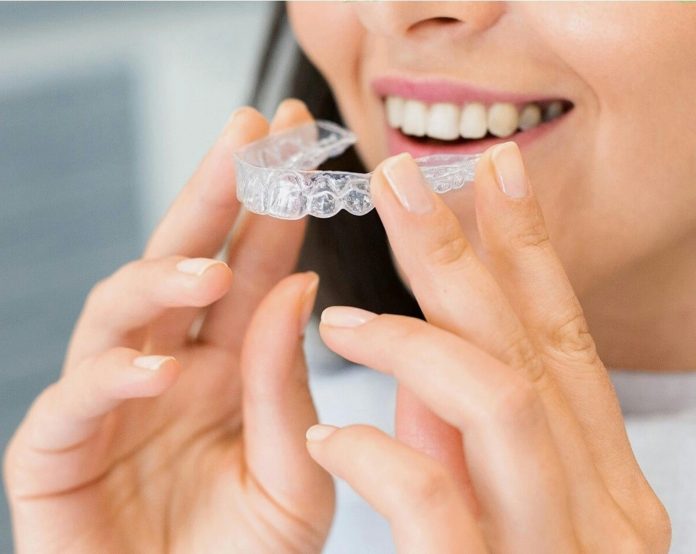For many adults, an underbite is more than a minor inconvenience. It can affect how the teeth fit together, cause discomfort while chewing, and create unwanted stress on the jaw joints. While underbites are often treated during childhood, many adults seek correction later in life due to functional or cosmetic concerns.
One of the most common questions adults ask is whether aligners are enough to fix their underbite. A qualified orthodontist in Asheville NC, is the best person to evaluate the severity of the bite and determine if aligners will be effective. This article explains how aligners work for underbite correction in adults.
Why Do Some Adults Have Underbites?
An underbite usually stems from a mismatch between the upper and lower jaw sizes. In many cases, this misalignment is inherited; however, habits such as thumb-sucking or prolonged pacifier use in early childhood can also contribute. Some adults also develop bite issues later in life due to missing teeth or uneven tooth wear.
The result is a lower jaw that pushes forward, making it difficult for the upper and lower teeth to align correctly. This can lead to discomfort while eating, trouble speaking clearly, and uneven pressure across the mouth. A proper diagnosis helps determine whether dental alignment tools, such as aligners, can offer lasting relief.
Can Aligners Really Help with Adult Underbites?
Aligners can be an effective non-invasive option for treating mild to moderate underbites in adults. They work by gradually moving the teeth into better positions over time using custom-made trays. Many adults prefer them because they are nearly invisible and can be removed when needed.
When an underbite is caused mainly by tooth position rather than jaw structure, it often provides excellent results. A skilled orthodontist in Asheville, NC, will assess whether the bite can be corrected without surgery. In more severe cases, it may still play a role when used in conjunction with other treatments.
What Makes an Ideal Candidate for This Treatment?
Not every adult with an underbite will qualify for clear aligner therapy. Those with slight to moderate dental misalignments and healthy gums are often the best candidates. If the issue lies primarily in the teeth rather than the jawbone, aligners can help realign the bite effectively.
However, adults with significant skeletal discrepancies may need surgical assistance to resolve the issue entirely. In such cases, it might still be used before or after surgery to fine-tune the results. A comprehensive assessment, including scans and bite analysis, helps determine the best course of action.
How the Treatment Process Works
Once approved for aligner therapy, patients begin with digital scans or impressions of their teeth. These are used to create a series of trays designed to shift the teeth over time gently. Each set is worn for a specific period, usually one to two weeks, before being replaced with the next.
Regular check-ins with the dental professional are scheduled to track progress and make any necessary adjustments. It must be worn consistently for at least 20 to 22 hours daily for best results. The average treatment time varies but often ranges from six months to two years, depending on the complexity.
Lifestyle and Benefits During Treatment
One reason adults choose aligners is that they fit easily into everyday routines. Unlike traditional braces, these trays can be taken out for eating, brushing, and flossing. This means fewer food restrictions and easier oral hygiene throughout the treatment period.
There’s also the added benefit of discreet correction. Many adults feel more confident knowing their treatment isn’t visible to others. In addition, properly aligned teeth reduce the risk of enamel wear, gum problems, and speech difficulties caused by a poor bite.
An experienced orthodontist in Asheville NC, can determine if Invisalign treatment is the right choice for adult underbite correction. While aligners are a practical solution for many, their success depends on the nature and cause of the misalignment. For suitable candidates, the process is often smooth, discreet, and highly effective. A confident, functional smile can be well within reach with the proper care and commitment.
